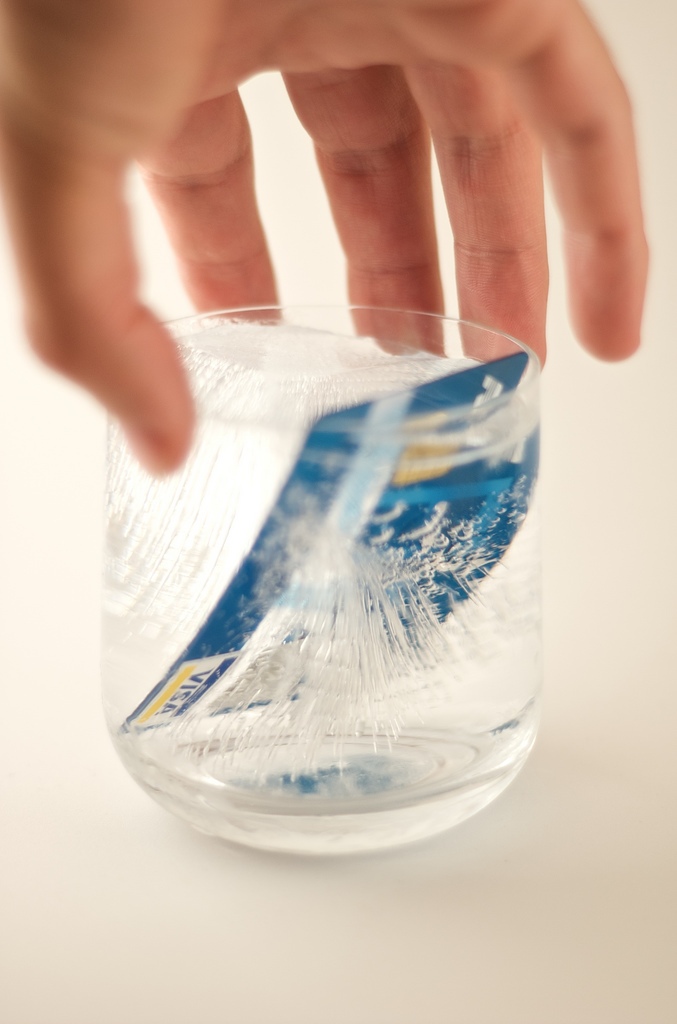Losing your job is probably one of the scariest feelings in the world. This is especially true if you have a family, a mortgage loan, and other monthly bills. In addition to feeling scared, you might also be angry with your employer. You undoubtedly gave all your strength to the job, so the fact that you are suddenly unemployed might feel like a betrayal.
Of course, there is a bigger issue at hand. After losing your job, paying your monthly expenses can be a challenge. Depending on your job, your employer might give you a severance package, which can cover your expenses until you find new employment. Additionally, you might be eligible for unemployment. But although you may receive some financial help, losing your job can have a negative impact on your credit.
Let’s be honest, unemployment and severance packages are always enough to cover the bills. And although losing your job doesn’t have a direct impact on your credit, it does have an indirect impact. If you don’t have a job, you might be unable to make monthly payments, which lowers your credit score. Likewise, if you don’t have enough to cover monthly expenses, you might use your credit card, which increases your debt.
If you had a good credit score before losing your job, watching your score tank might be more than you can handle. However, there is light at the end of the tunnel.
Although your credit isn’t in the best condition today, there are ways to fix your credit once you find new employment.
1. Pay down debt with disposable income
After finding a new job, you’re probably happy to have disposable income again. But rather than plan a vacation or go shopping, put the majority of your disposable income toward your credit card debt. For the next few months, pay more than your minimum. This can put a significant dent in your credit card debt, which is a steppingstone to a good credit score. Additionally, don’t add new charges until after you’ve paid down your balances. If you use your credit card, pay off new charges in full each month.
2. Start paying on time
If you defaulted on your credit cards and other bills after a job loss, now’s your opportunity to get ahead. Timeliness makes up 35% of your credit score. With that said, if you were unable to pay your credit cards and other loans, your credit score probably took a serious hit. Going forward, always pay your bills on time.
Improving your credit history adds positive activity to your credit report. This is exactly what you need to rebuild your credit after a job loss. There are several ways to ensure payments reach creditors by your due date. For example, set up automated payments and have money automatically drafted from your bank account each month. Enroll in paperless statements and have statements delivered to your email. Also, don’t wait until your due date to make a payment. There’s a chance that you will forget to make the payment before your creditor’s cut off time, which can trigger a late fee. And if you’re mailing your payment, send your check at least seven days before your due date.
3. Get help from a credit repair company
If your credit took a hit after a job loss, order your free annual credit report to assess the damage. Upon review, you might discover questionable items on your report. Don’t ignore these. Erroneous negative information on your credit report can further damage your score. However, if you work with a professional credit repair service you may be able to successfully remove wrong information from your reports and give your score a boost.
Regardless of what you may have heard, bad credit is not the end of the world. Sure, it’ll be harder to qualify for loans and credit cards. But with a good plan and better payment habits, you can reverse your poor credit and achieve an A+ rating.




thank you for sharing this! im going to share this with a friend